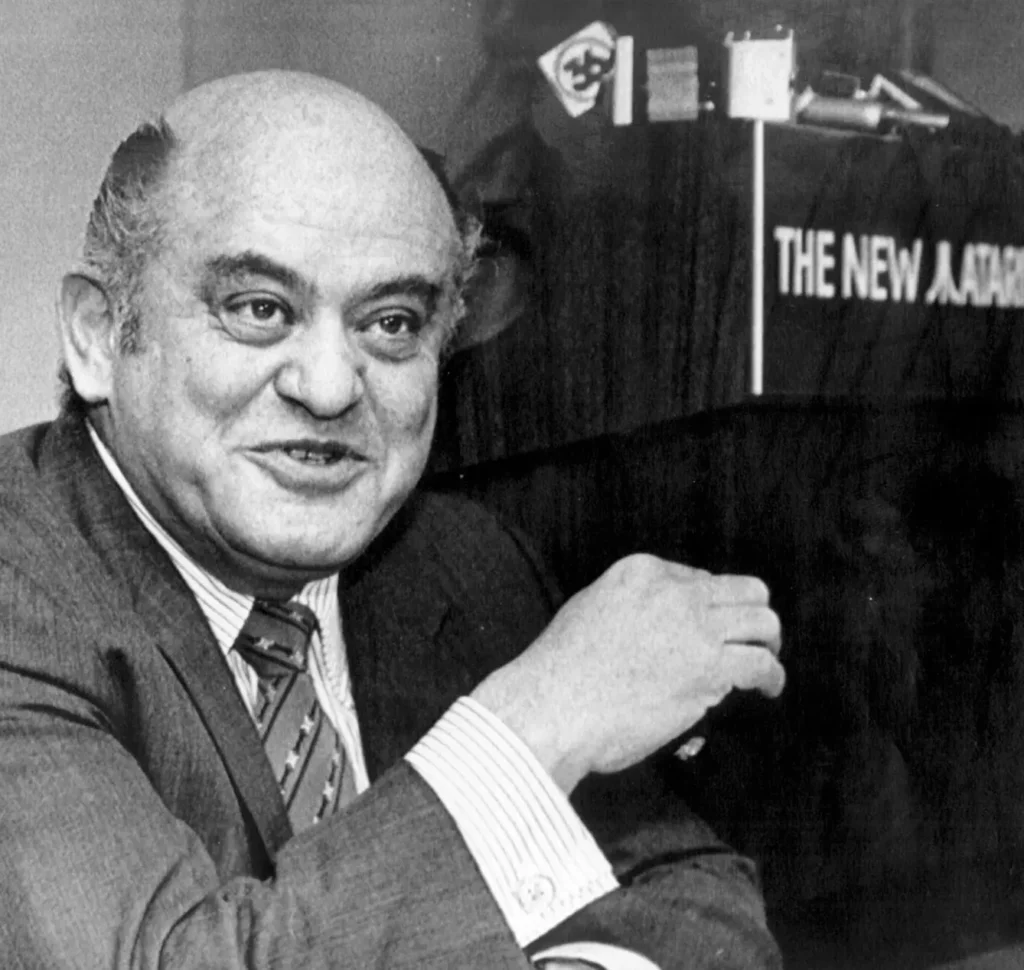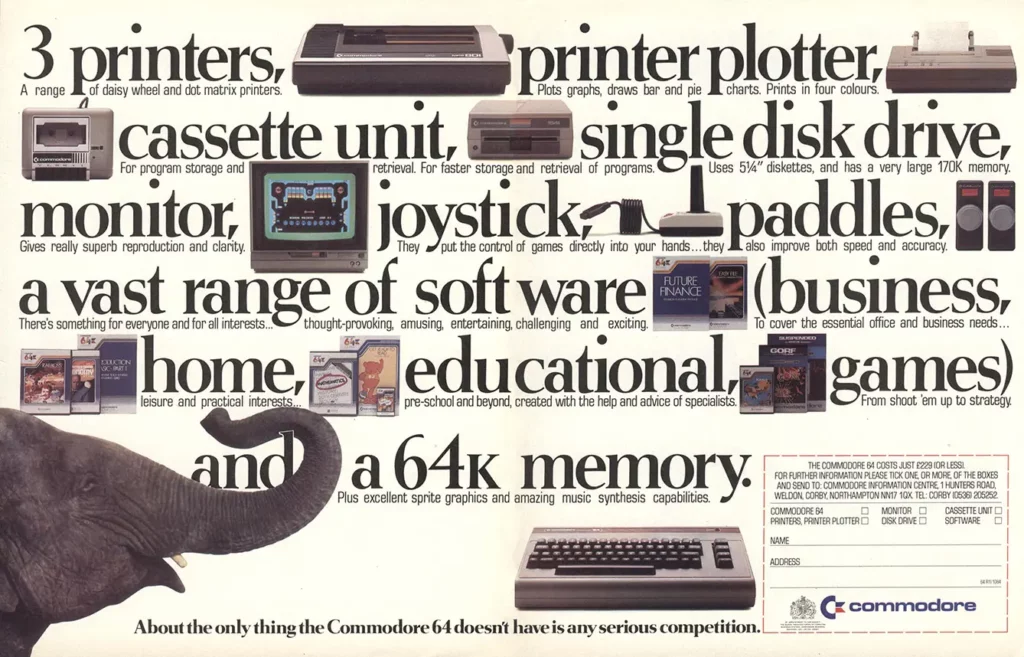
After the wave of modern Western-born personal computers flooded Central Europe in the 1990s, it’s easy to forget that the region itself had its fair share of computing history. This included, but was not limited to, Central European computers – both original solutions and clones of foreign technology.
Perhaps the most important in the long run thing we forget is one of the most prevalent export goods Central Europe has: brainpower. From early thoughts of artificial intelligence in the 18th century to the literary invention of robots, to famous engineers of the early 20 century, to modern “late pioneers” such as Ernő Rubik, scientists (and artists) from the region put “I” in the history of AI.
But if we were to name the most spectacular success in personal computing having a cradle in Central Europe, it could as well be the Polish roots of the best-selling computer ever, the 8-bit Commodore 64, and its successors.
Jack Tramiel, aka Idek Trzmiel
Their creator, entrepreneur Jack Tramiel was born Idek Trzmiel in Łódź, Poland, in 1928. In the time of German occupation, Łódź changed its name to Litzmanstadt and, being a city with a historically strong Jewish presence, ended up with a large Jewish ghetto. It was here that the Jewish Tramiel was imprisoned, to be later sent to a work camp in German territory.
The Commodore company fulfilled Jack Tramiel’s dream, but not in the way you think. The dream was in the name: the entrepreneur insisted on naming the company after military rank; the higher, the better. Alas, both “general” and “admiral” were already taken, so what was left was “commodore” or counter-admiral in other ranking systems.


And Commodore Business Machines was not originally supposed to manufacture computers. Instead, Tramiel registered his company in Canada to avoid high customs taxation on importing “business machines” from the Eastern Bloc to the USA. These “business machines” were initially typewriters, in particular famous Czech ones.
Commodore 64: computer for the masses
When the Western typewriter market broke down in the 1960s after Japan came to play, Commodore switched to early electronic calculators, and in the late 1970s, Commodore created PET – their first personal computer. And at that point, Tramiel was trying to… buy Apple (the offer was considered by Apple, but the sum Steve Wozniak requested was too large).
Commodore’s first big hit was the VIC-20, followed by the Commodore 64 model: “We need to build computers for the masses, not the classes,” as its creator claimed. And the masses bought it: with 30 million units sold, the mid-1980s Commodore 64 made it to the Guinness Book of Records as the best-selling personal computer. It was produced until 1994, giving millions of users access to novelty games, office apps, and programming.
In 1984, Tramiel left Commodore and bought Atari, soon creating the Model ST. This next hit product led to an explosion in the electronic art scene called demoscene, and electronic music influenced artists such as Mike Oldfield and Jean-Michel Jarre. Jack Tramiel made effort to break the Iron Curtain and stay true to his roots with the introduction of the Atari ST to Pewex – the Polish state-controlled shops offering Western goods.
With Atari, Tramiel competed against his own creation, but both companies lost anyway, as the mid-90s were already the time that 16-bit PCs and IBM were taking over the market. Tramiel retired and devoted himself to civil rights advocacy, taking part in the work of the Anti-Defamation League aimed at ensuring the dark parts of his origin story would never happen again.







